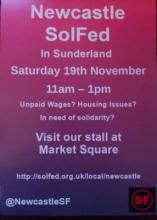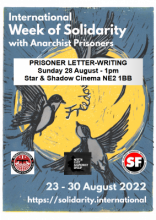Grading dispute at a University in Wales
Grading dispute at a University in Wales
According to a UCU report, the university sector has been systematically trying to downgrade roles amongst its academic staff in an attempt to save money i.e. expecting a Grade 6 to do work previously done by a Grade 7.
A comrade at a university in Wales is taking direct action in the form of a work to rule by following the published HERA role and person profiles which set out quite clearly the responsibilities of each grade. At present, rather than re-grading the role to a 7, one by one the Grade 7 duties are now officially being removed. The hope is these successes will encourage collective action by the other Grade 6’s.








